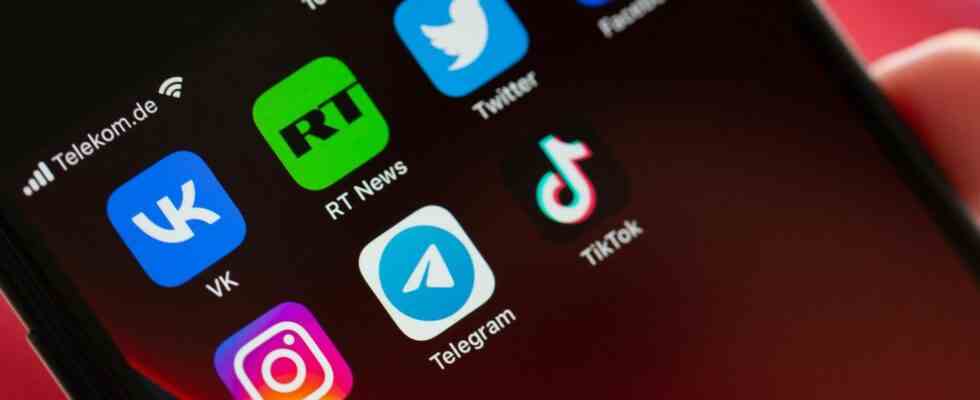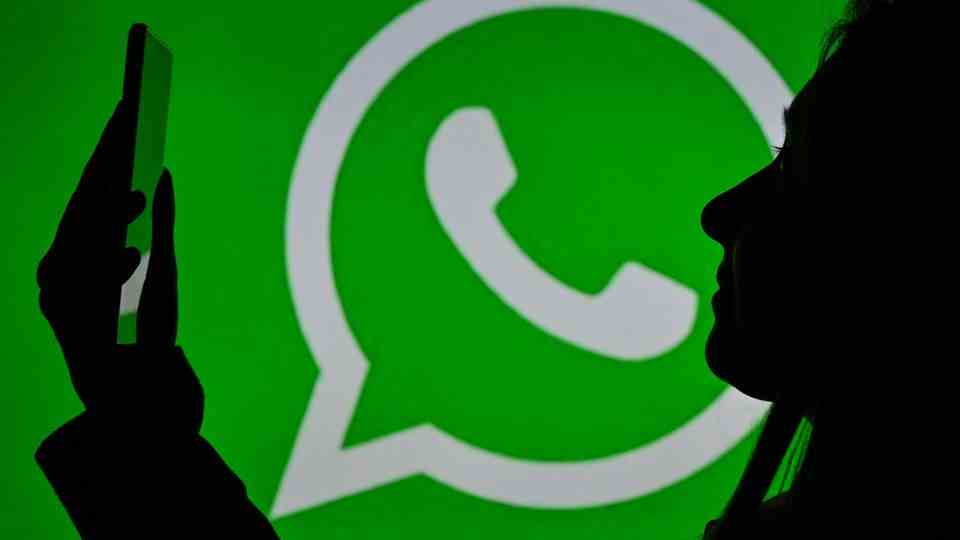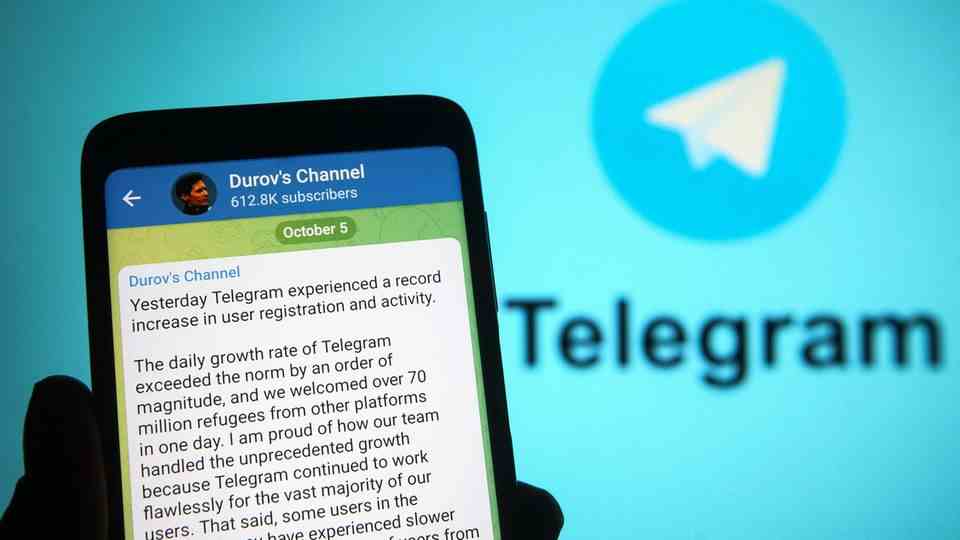Messenger
Disgrace of the Century: Why Telegram isn’t blocked in Russia yet
Telegram is still unblocked in Russia.
© Fernando Gutierrez-Juarez/ / Picture Alliance
Telegram is an important messenger in Ukraine. Despite this, Russia has so far made no attempt to ban the messenger – and with good reason.
Instagram, Facebook, Google News, Apple’s and Google’s AppStores – the tech services that Russia has blocked in recent days can hardly be counted. Only one messenger is not included so far: Telegram. And this despite the fact that Telegram has a reputation for paying the least attention to government control and basically allowing almost everything people want to write.
Although Telegram occasionally blocks channels because of porn and drugs, all kinds of opinions remain untouched – even if they violate regional laws. Actually a red rag for an authoritarian state like Russia – but Telegram has so far come through the sanctions of the Russian side without being blocked. how come
Russia has already tried to block Telegram – and failed miserably
In order to understand this exceptional regulation, one has to go back a few years: Russian efforts to ensure sovereignty and restrictions on freedom of the press and freedom of expression did not just exist since the invasion of Ukraine. Telegram itself allegedly came about because founder Pavel Durov messed with the Russian state. At his previous company vKontakte, he was supposed to hand over data from Ukrainian Euromaidan supporters to Russia – and refused. He then lost the position as CEO at vKontakte and founded Telegram.
Telegram itself was now a problem for Russia: everyone could say what they wanted on the platform – a big problem for the Russian state. In 2018, the censorship authority Roskomnadzor therefore started an attempt to ban Telegram – and failed miserably. Namely, Roskomnadzor tried to disable certain IP addresses of servers used by Telegram. However, Telegram found a solution: Using a technique called domain fronting, Telegram managed to hide the actual server addresses using services from Google and Amazon and mislead Roskomnadzor.
Telegram ban led to blocking of Twitter, Facebook and Kremlin pages
Roskomnadzor now tried to block a total of 15 million IP addresses that could lead to Telegram. In fact, the top Russian censors only hit other service providers who also used Google and Amazon. Independent Russian media reported that Roskomnadzor accidentally blocked Twitter, Facebook and the Russian networks vKontakte and Yandex. Even the Kremlin itself was affected, employees had to resort to ICQ at times.
Roskomnadzor continued to try to block Telegram for years after that, but finally gave up in 2020 – officially because there was an agreement with Telegram. However, the Russian media reported that the censorship authorities simply capitulated in the end – not least because even Kremlin officials valued the app and informed the public themselves via Telegram channels.





